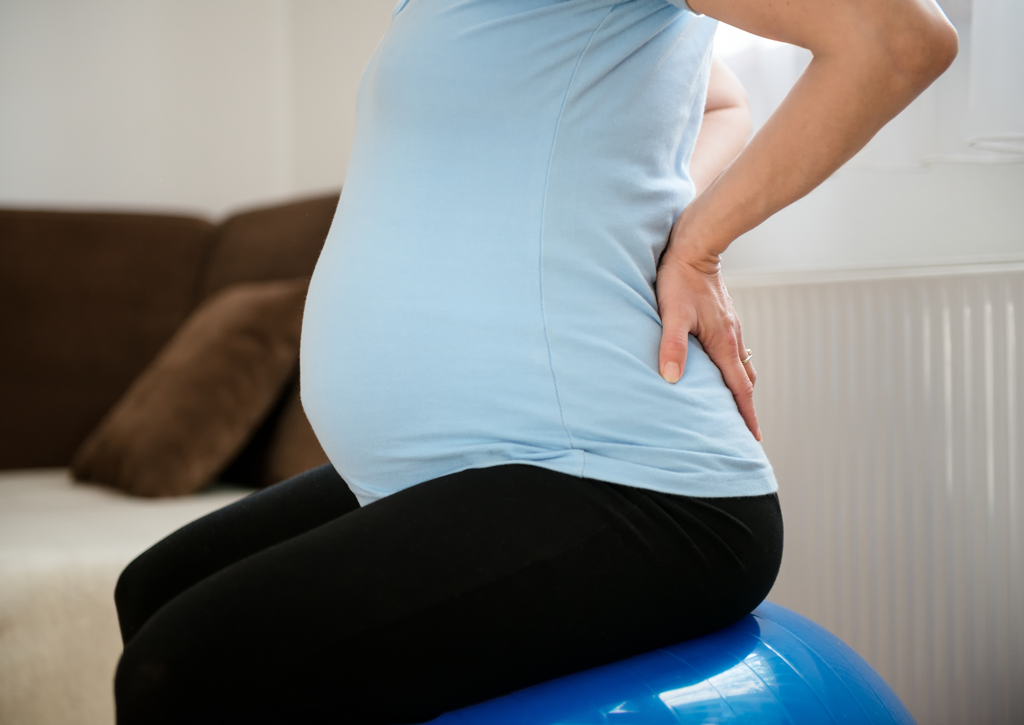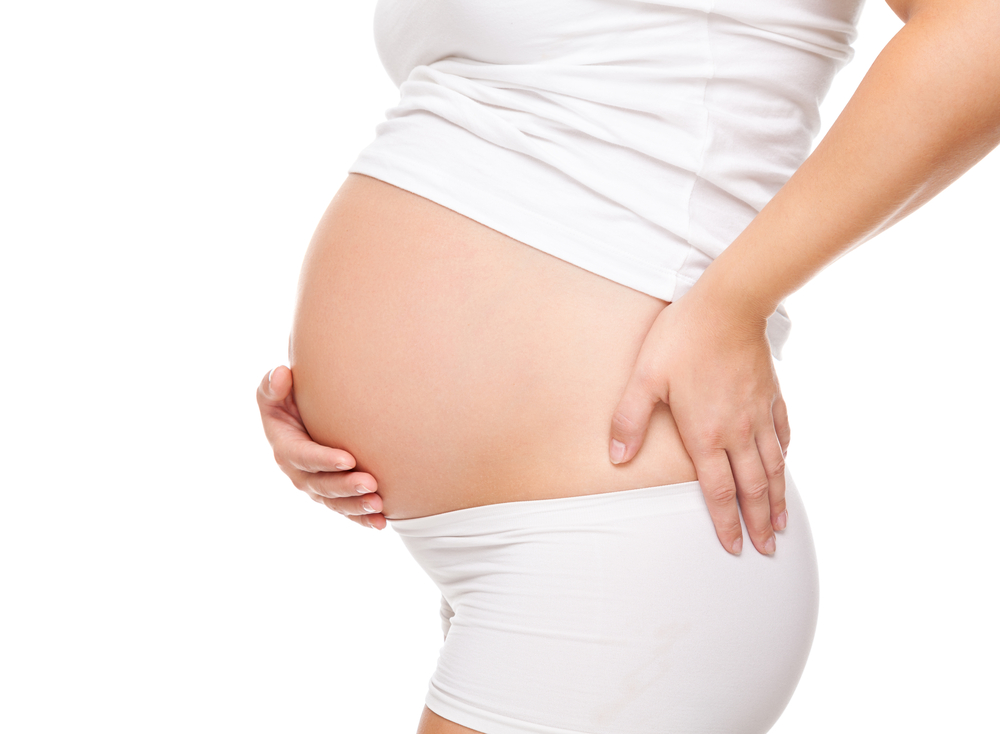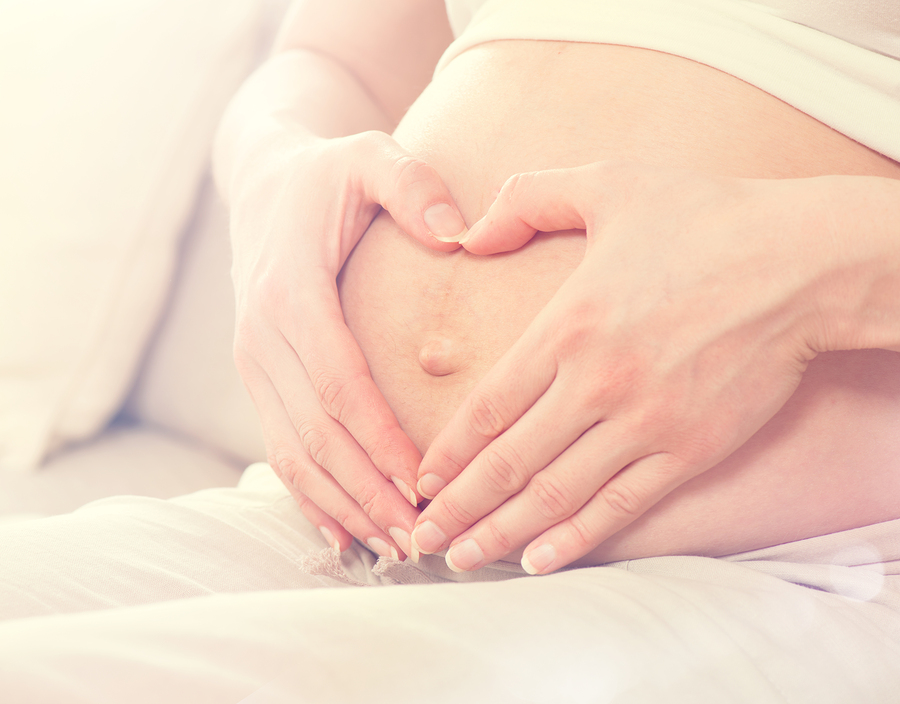
Numerous changes happens to the body during pregnancy as it supports the healthy development of your baby and prepares for delivery. These changes may probably cause various aches and pains, many of which are normal. However, you may wonder which pains are considered normal and which may be a cause for concern.
Below are some common pains experienced during pregnancy:

Cramping is because of the stretching of the uterus. Other causes of cramping may include gas and constipation. If cramping is accompanied with bleeding and lower back pain, it is important to contact the doctor as soon as possible. It is also important to report to doctor if severe pain occurs on one side during early pregnancy.

Headaches are common during pregnancy. Contact your health care provider if the situation is severe and if you notice vision changes or light sensitivity. Keep in mind that while it is allowed to take Tylenol (acetaminophen) in moderate quantities during pregnancy, it is important to avoid taking Advil and Motrin (aspirin and ibuprofen).

As the body shifts its center of gravity, causing strain to your lower back muscles, lower back pains may occur. Hormonal changes and weakened abdominal muscles also contribute to lower back pain. If one experience painful urination and/or bleeding along with the lower back pain, contact your doctor immediately, as these may lead complications.

This is characterized by numbness, tingling, or pain extending from the lower back down to the legs. As the uterus grows, the sciatic nerve may have pressure put on it. The baby and relaxed pelvic joints may put additional pressure on the sciatic nerve causing pain. Certain movements, such as bending, lifting, and walking may exacerbate sciatic pain. Try notify your doctor if you are experiencing such pain, particularly if the pain is persistent or if one have difficulty walking.

Leg cramps, which are common during the second and third trimesters, especially at night. In addition to painful cramping, it may cause a jumpy sensation in your legs. Such cramping may be due to carrying additional pregnancy weight, pressure from the baby on the blood vessels and nerves that connect to your legs, and even due to changes in circulation that occur during pregnancy.
Stay hydrated and try not to maintain the same position for a long time. Stretching, massaging your legs, or taking a warm bath may also work. Severe cases may result in swollen legs or red coloration on legs which requires additional medical help.

As the uterus grows, it causes the round ligaments to stretch. This can cause sharp pain in the abdomen, side, hip, or groin area and can be triggered by certain movements such as turning in bed or standing up. However, if the pain lasts for more than a few minutes, contact your health care provider right away.

Braxton-Hicks contractions are practice contractions or false labor that may begin during the second trimester. These contractions prepare your body for actual labor and may cause tightening sensation in your uterus, lower abdomen, or groin area.
Unlike true labor contractions, these false contractions do not follow a set pattern and may vary in their intensity and length. Therefore they are generally uncomfortable rather than painful. If your contractions are painful and lasts for more than six within an hour, this could be a sign of preterm labor, so it is important to contact your doctor and to determine if they are true labor contractions.
Other types of pain that should not be ignored include burning or painful urination, sharp stabbing pain that lasts more than a few minutes, shoulder pain, and upper right quadrant (URQ) abdominal pain, generally under the right ribs. Try to immediately contact a doctor if you experience any of these or other severe pain.
It is the most powerful creation to have life growing inside of you.There is no bigger gift